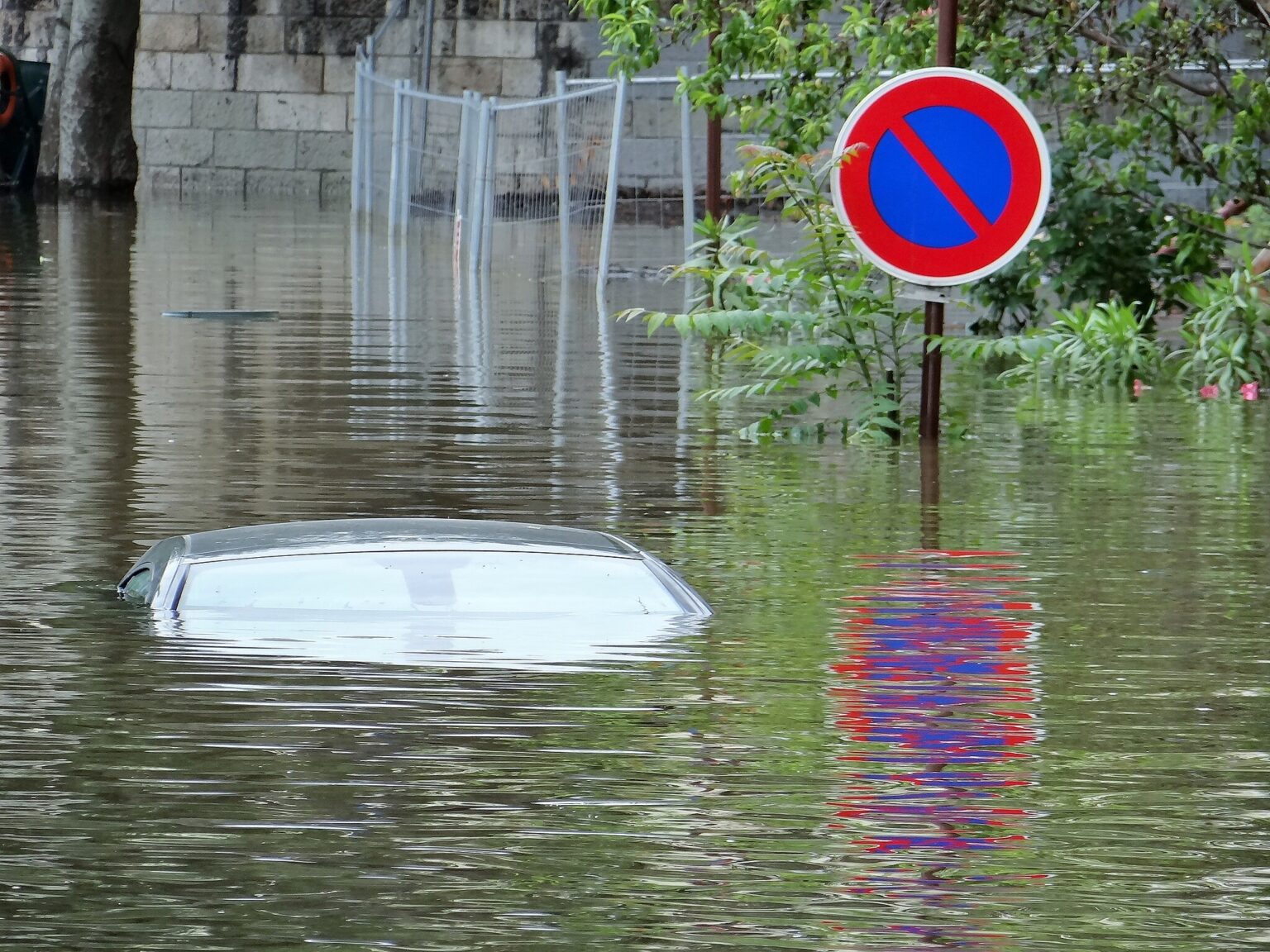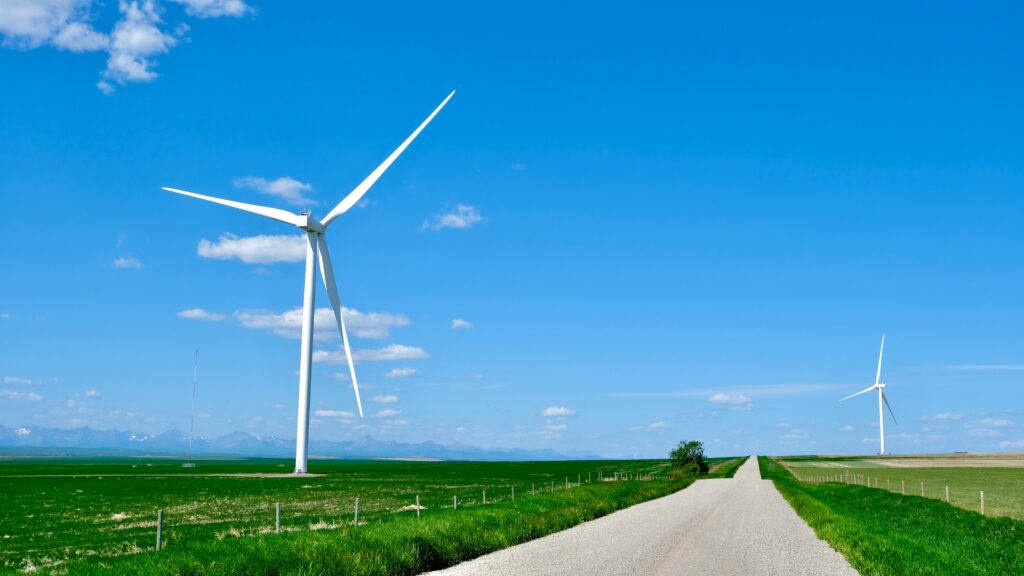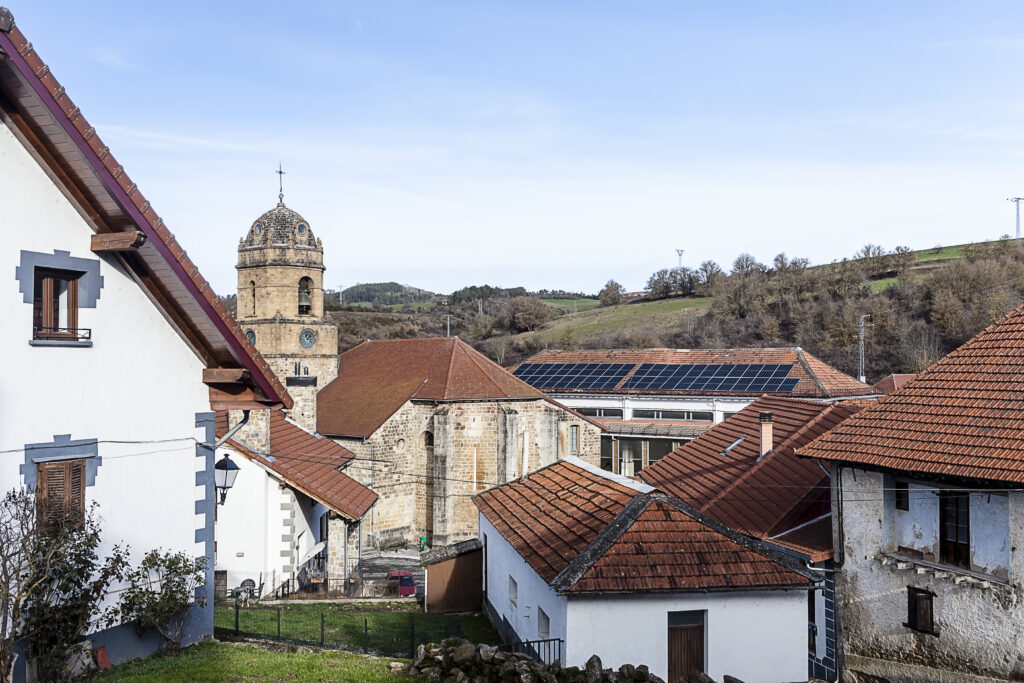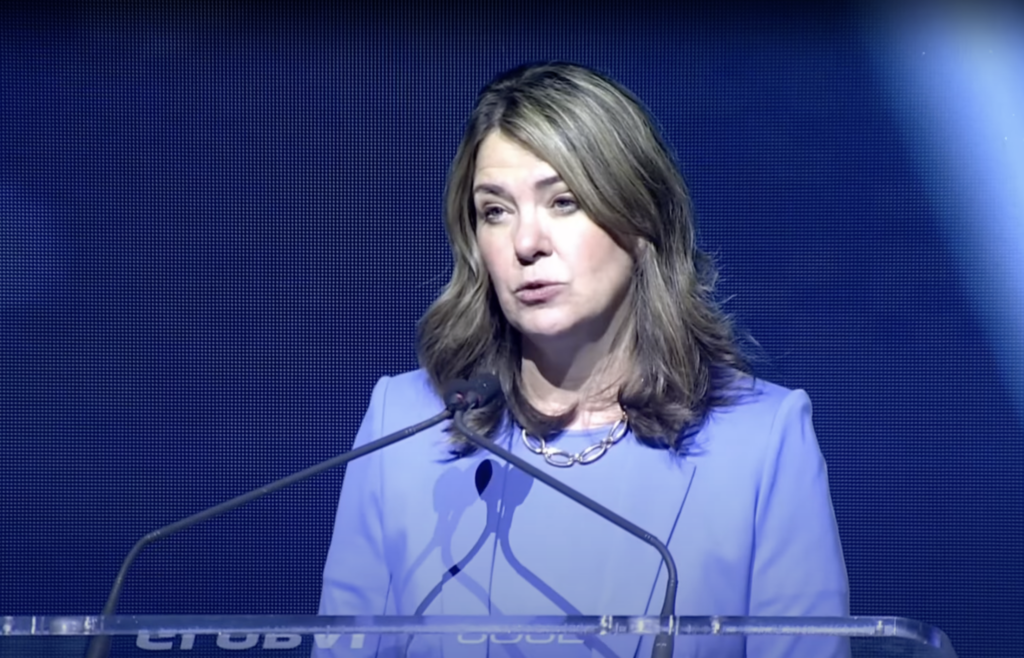This story was originally published by The Energy Mix, and is republished here as part of Covering Climate Now, a global journalism collaboration strengthening coverage of the climate crisis.
As reporters confront sophisticated tactics aimed at obscuring the reality of climate change, knowledge is their ultimate weapon against deception, say media experts, who exposed the greenwashing influence of PR teams and emphasized the benefits of local reporting at a recent online briefing about fighting disinformation.
There is an “absolutely critical difference” between climate misinformation and climate disinformation, said panelist Jennie King, head of climate research and policy at the Institute for Strategic Dialogue and co-founder of Climate Action Against Disinformation (CAAD), the organization co-hosting the event with the Covering Climate Now (CCNow) news collaborative.
“When we talk about misinformation, that is generally the accidental sharing of false information, probably something that we’ve all done at one point in time,” King explained. “What that means is that there’s no intention to harm but the negative consequences can be just as powerful.” Public inputs during the COVID-19 pandemic are an example, she said.
But climate disinformation “refers to content that has been deliberately created to deceive people or give them an inaccurate understanding of an issue.”
Such deliberation and intent to harm needs to be proven or substantiated, King warned, adding that CAAD is “very cautious about when we use one term versus the other.”
Complicating the commonly-held assumption that climate disinformation is “always ideological, that people are spreading falsehoods in order to push a political agenda or enact a worldview,” King said a great deal of climate disinformation is beholden to only one principle: the maintenance of a profitable status quo.
The Role of Public Relations
Reporters must recognize that “the time horizon of PR strategists is much longer than that of journalists,” Aronczyk added. “They’re thinking about a problem long before journalists are and normally long after, and from a lot of different angles.”
Comprehending the “structure of disinformation” that PR engines will have built, journalists should be wary of the moments when the spiel seems attuned to the climate zeitgeist. One of the most effective maneuvers that public relations professionals use to promote clients who are anti-climate is to connect what they’re doing to climate initiatives, Aroncyzk said. The approach may be prominent in stories involving corporate efforts to promote climate solutions.
“Climate solutions by corporations are usually solutions to problems that those corporations themselves can solve, which may not be the solutions that we need or want,” ,” Aroncyzk said. “And yet I see them getting a lot of media coverage because those companies’ PR firms are so good at connecting to journalists, with press releases, with sources, with exciting innovations, with very ‘built-for-stories’ kind of kind of information.”
Lying By Omission
It was the existence of such “discrepancies” that recently lead the United Kingdom’s advertising standards regulator, the ASA, to force a number of companies, including HSBC Bank and Shell, to remove advertising campaigns “not because the substance of the adverts themselves was actively false, but because they lied by omission.”
King urged both regulators and media to report on this phenomenon, and for the former to ensure that such falsehoods are no longer possible.
The Narrative of Fossil Nationalism
Noting that “the same kind of rhetoric” was on display during the COP 27 climate summit in Egypt in 2022, King said related strategies include linking fossil fuel use to “human flourishing” and “human freedom” and ensuring that such language seems to emanate from citizen or grassroots entities.
The Threat of AI
“We’re all still trying to get the best view possible of how things are going to work,” Silva said. The specific application of AI to climate disinformation “is not something I’ve seen yet,” he added. “I stress ‘yet,’ because you know, being a technological tool that is available out there, I can’t see any reason why it couldn’t be put to use by any bad faith actor who’s set on promoting fossils.”
The Role of State Actors
She identified both Kremlin-linked and Chinese state media campaigns intent on creating “a division between the African continent and Europe or North America.” Central to these campaigns is the implied narrative that “net-zero as a whole, and the climate agenda as a whole, is a form of Western imperialism, and that it is reproducing neo-colonialism in areas of Africa and other parts of the Global South.”
King said that narrative cannot be labelled climate disinformation “because there’s nothing that you can prove or disprove.” But it is nonetheless insidious, as “what it’s doing is trying to exploit and weaponize traumatic historical realities in order to oppose climate action.” Many of the actors behind the narrative “if you dig in a little bit,” are connected to the fossil fuel industry, she added.
The Value of Local Reporting
“There is always a layer of nationality, of cultural issues that are relevant to particular areas, particular regions that are difficult to see from London, so it is genuinely important that the baton of fighting climate disinformation is also carried by local journalists,” he told participants.
Noting that those journalists “will have an infinitely better understanding of the local issues, of the climate myths, and of the way that climate change is trending on social media,” Silva described local knowledge as “a massive asset when it comes to fighting these distortions.”
Subscribe to our newsletter
Stay up to date with DeSmog news and alerts







